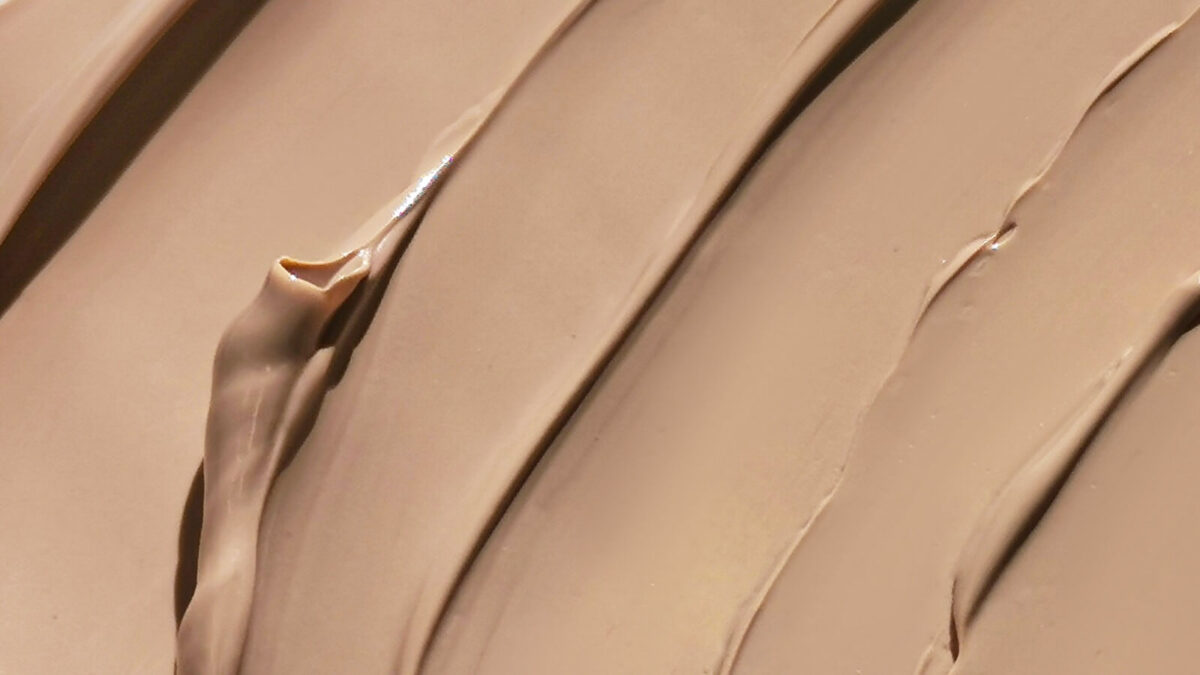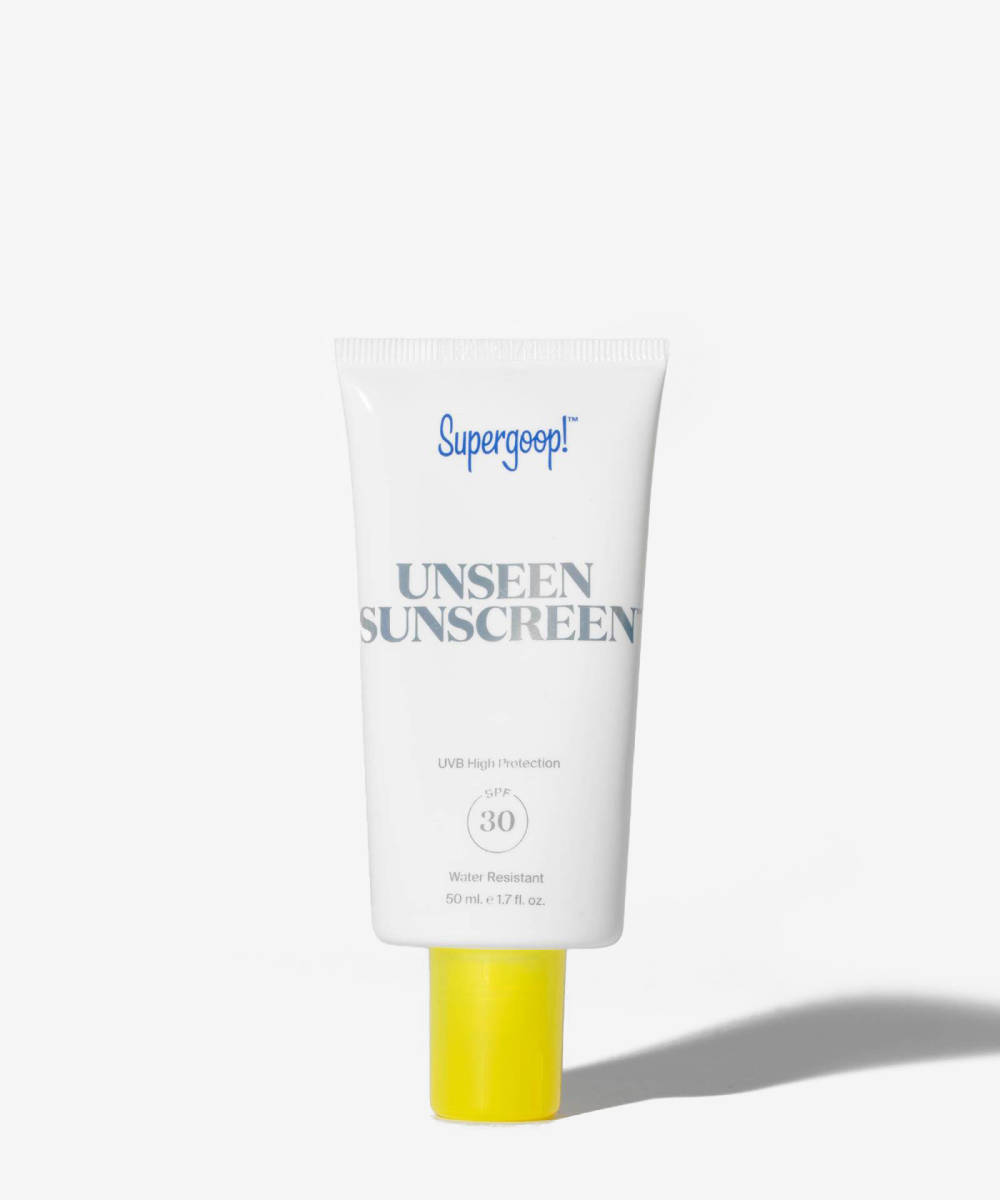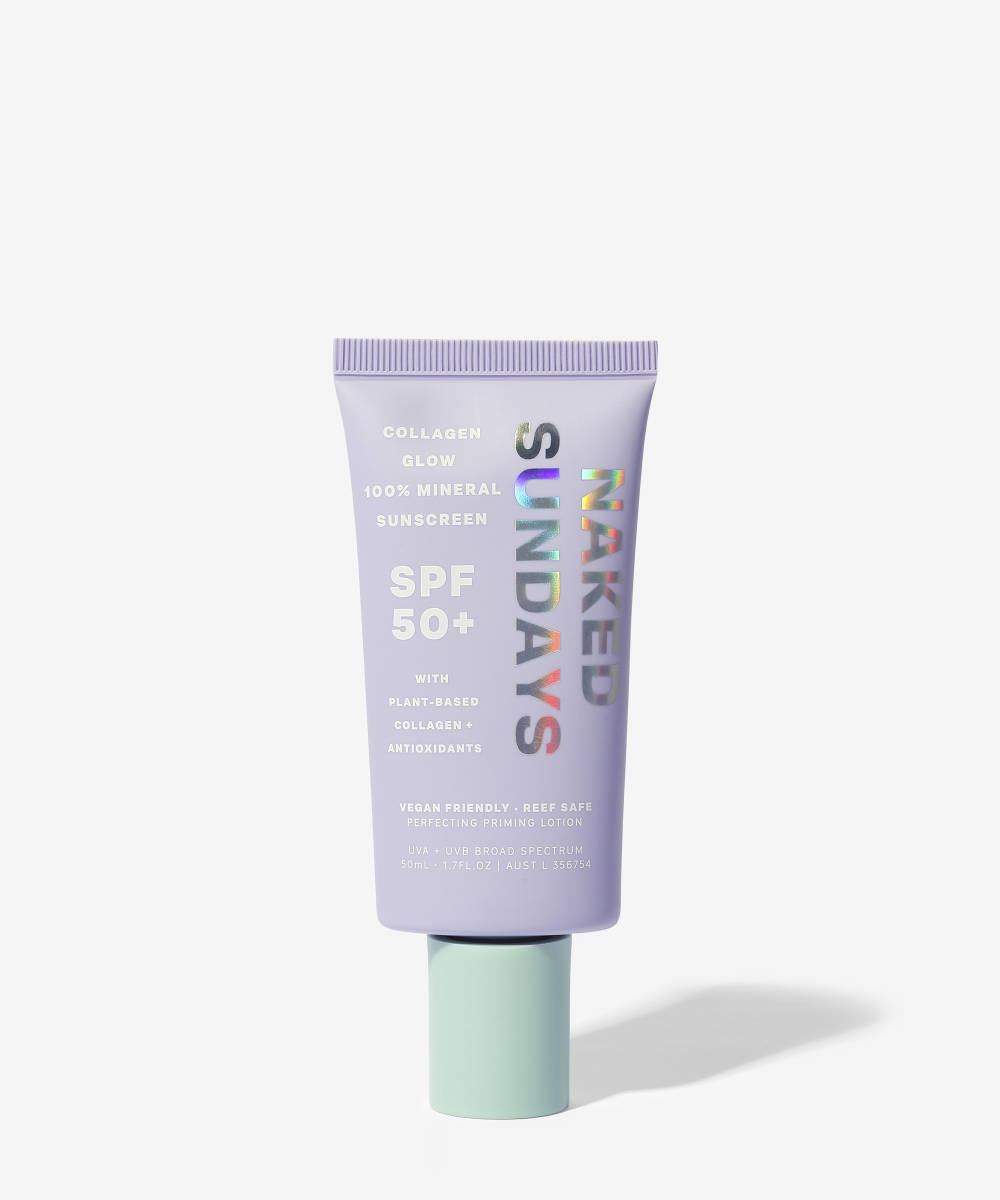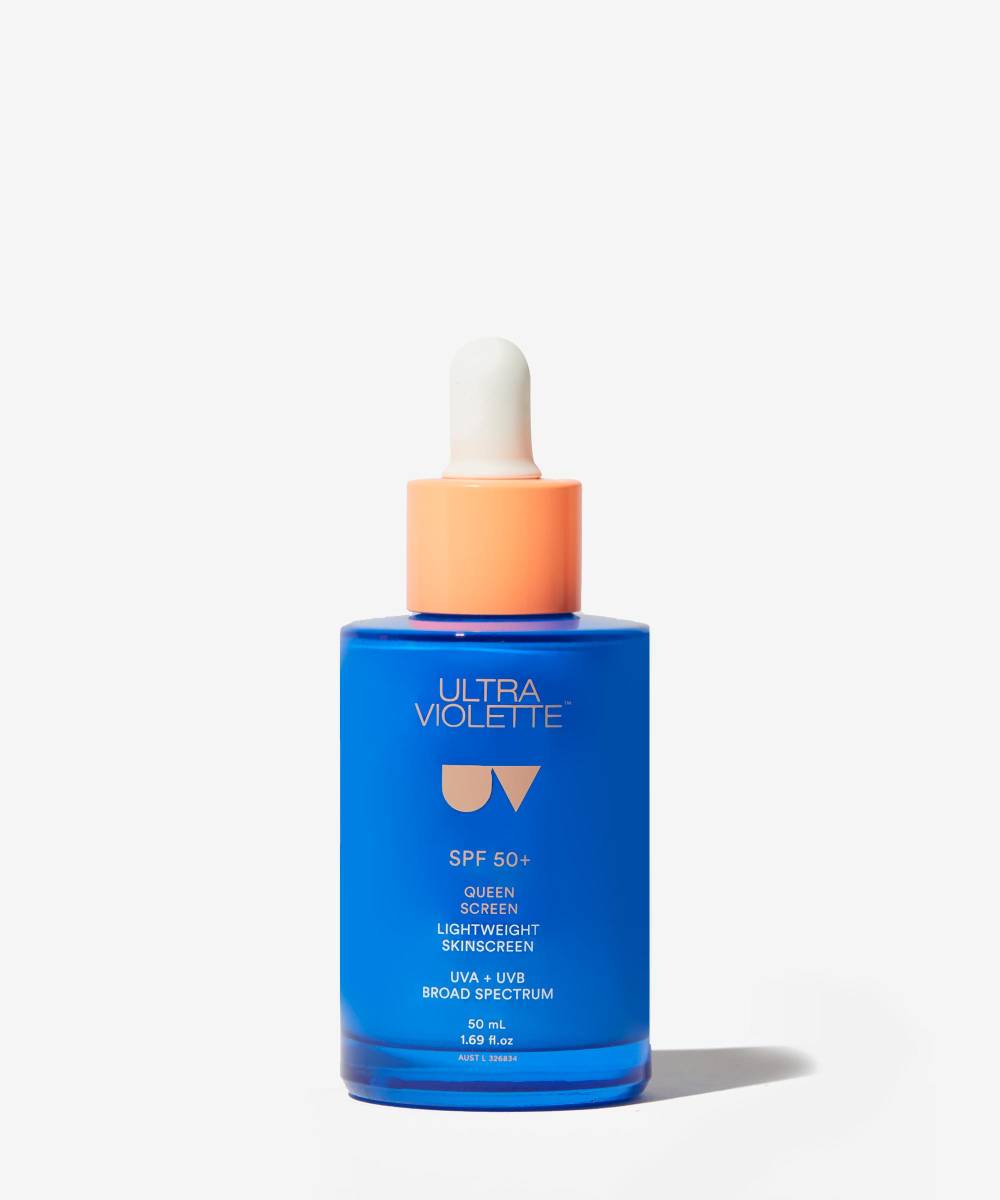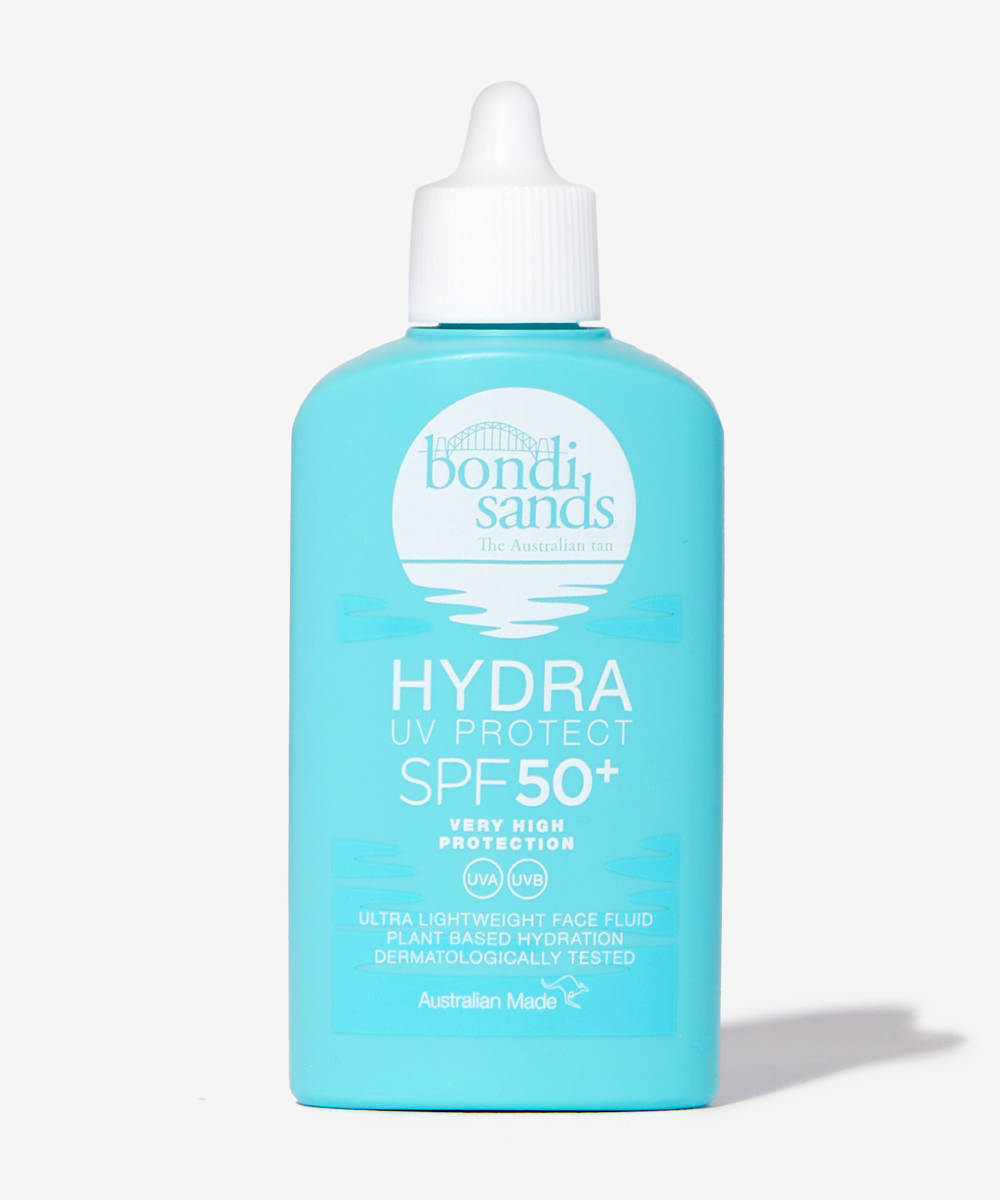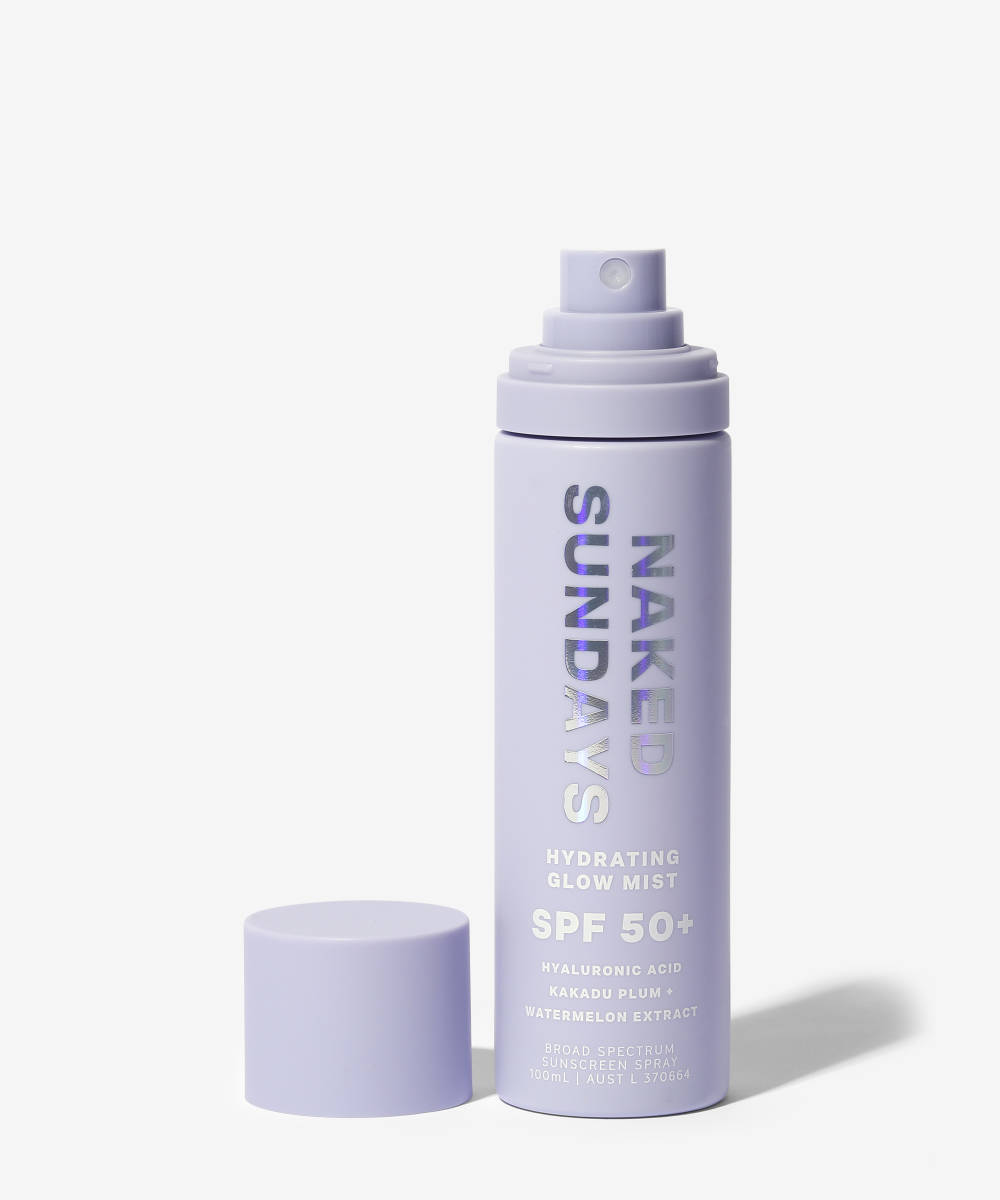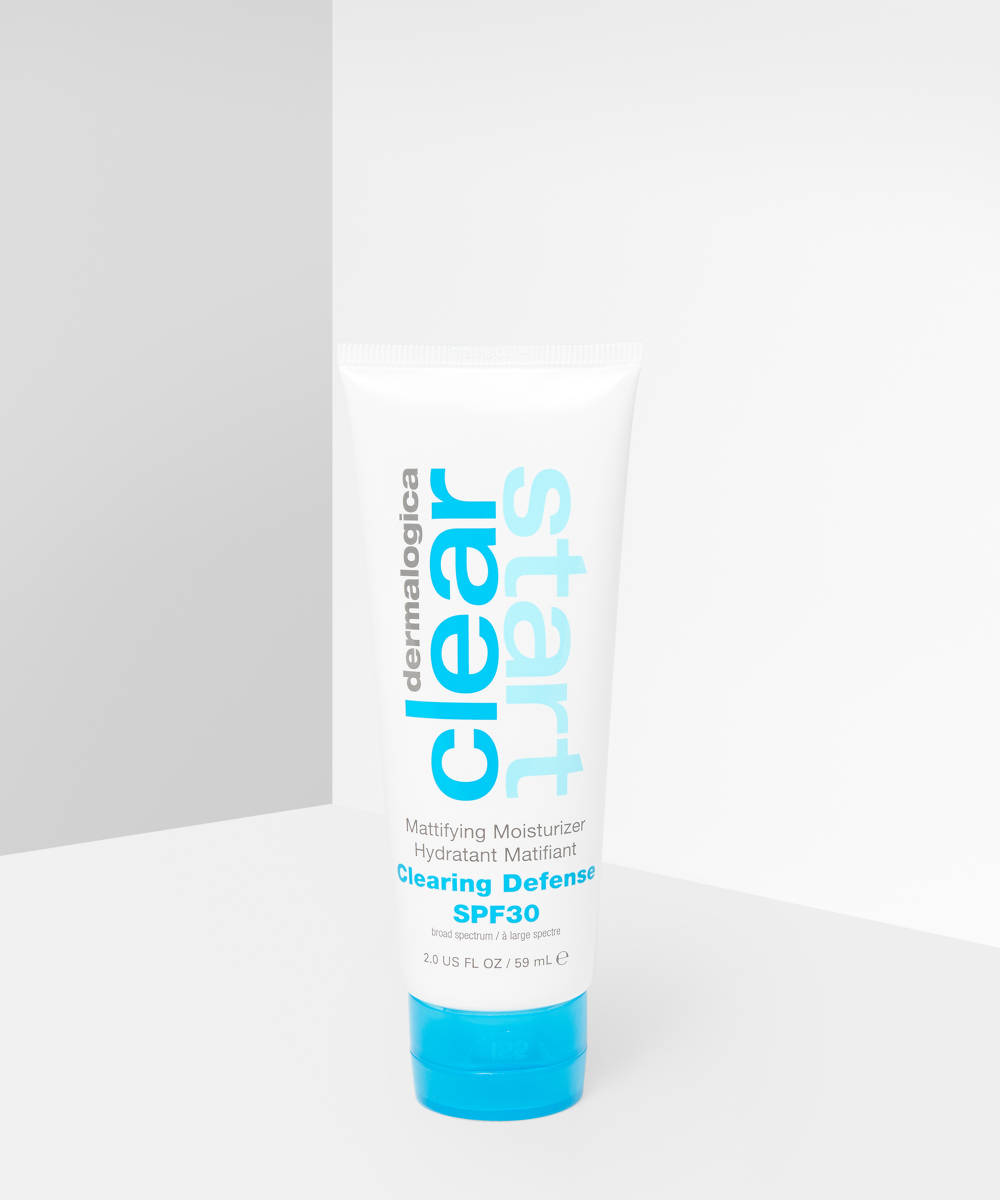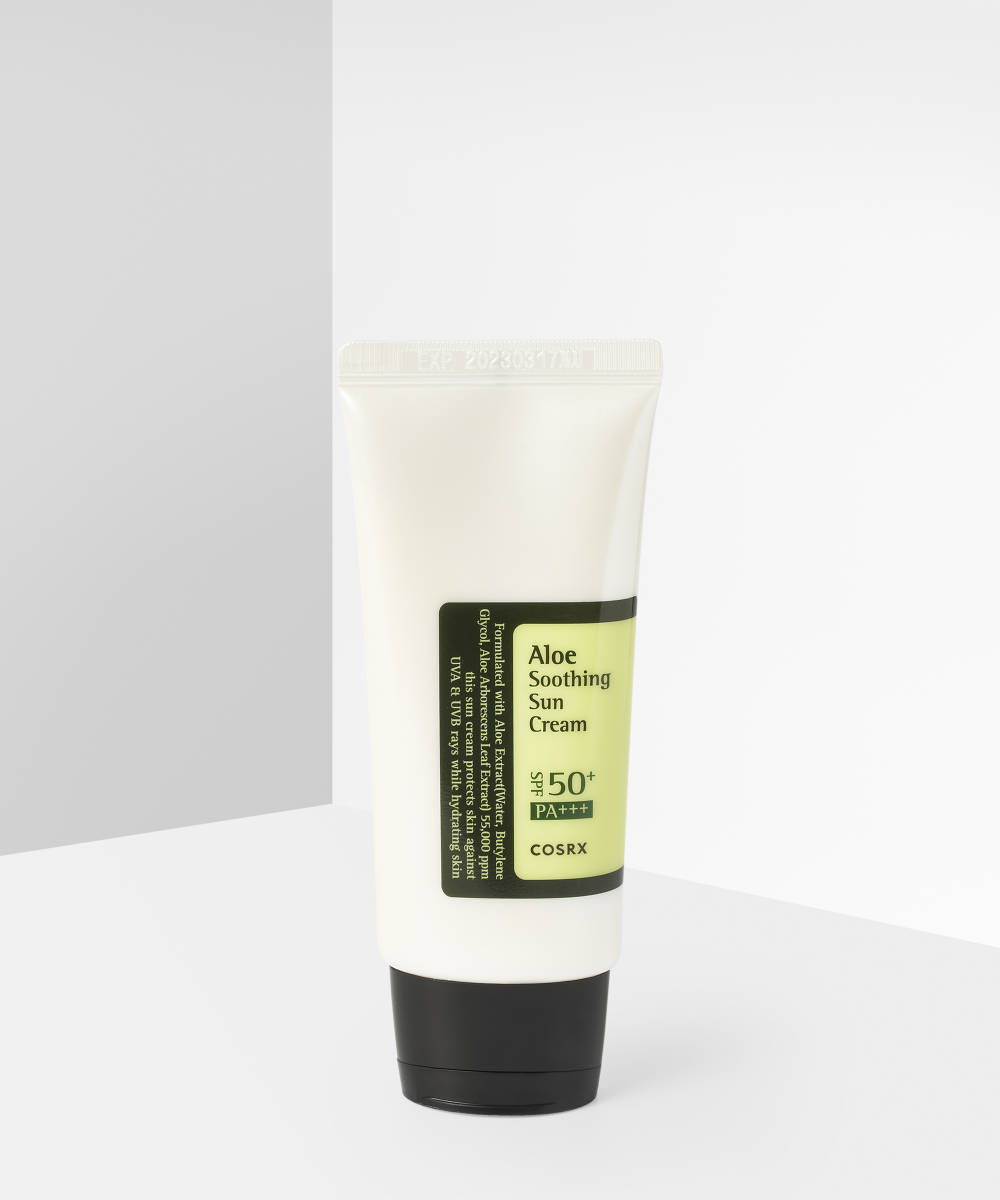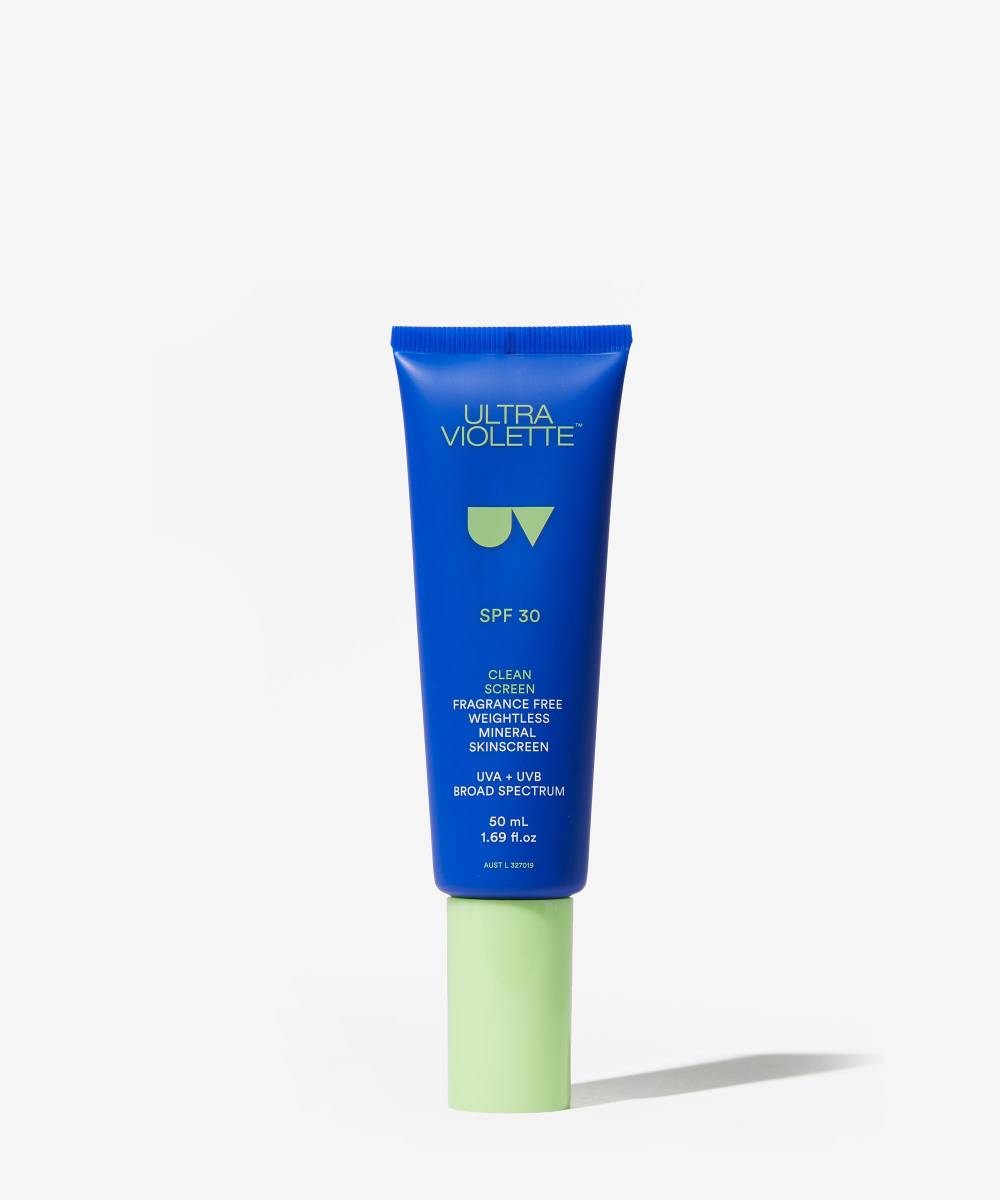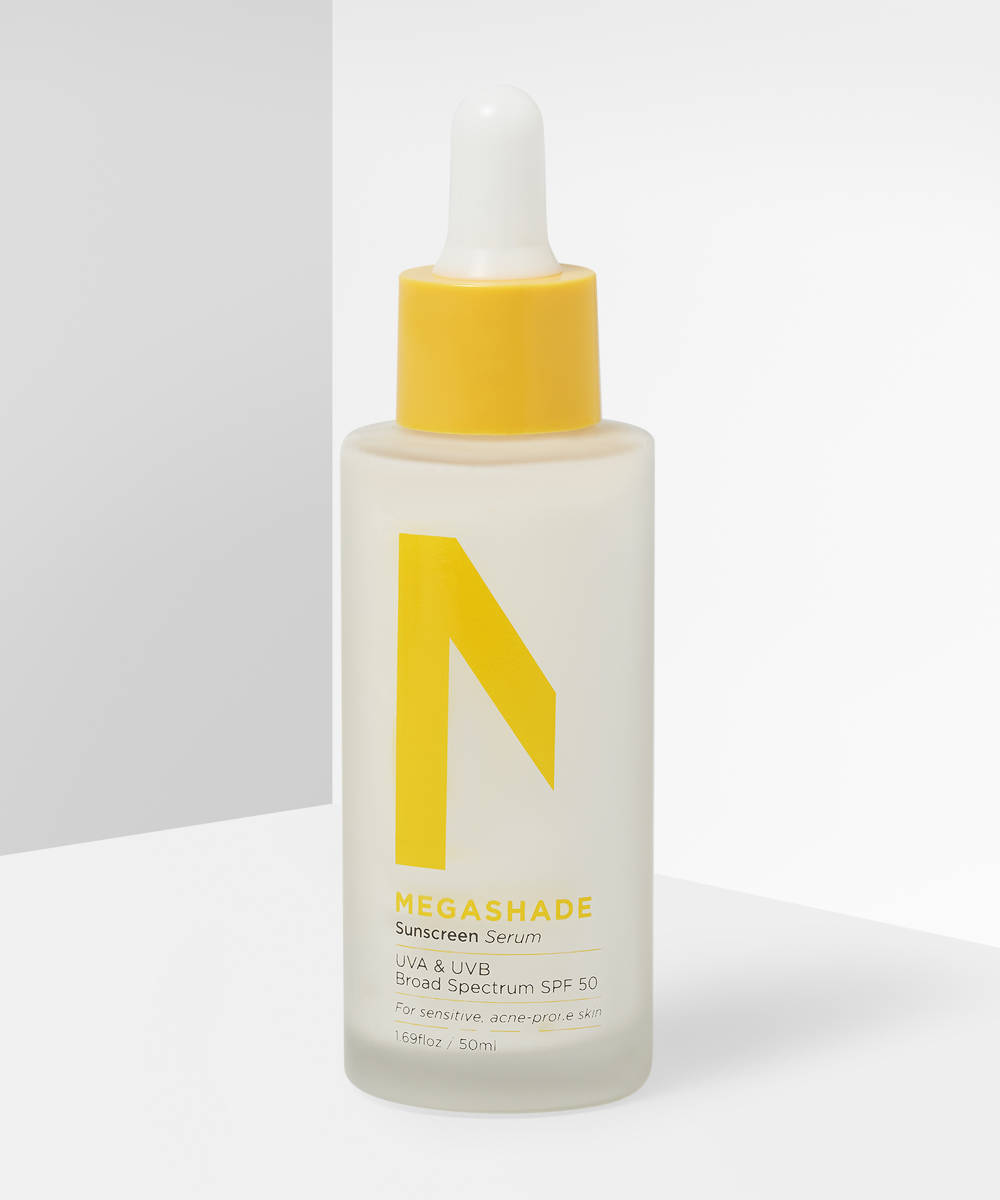Hi Grace,
I know I should be using sunscreen every day, but I have acne and I feel like it makes my skin worse. Every SPF I use makes my skin feel greasy. Please could you recommend the best SPFs for acne-prone skin?
Cleo
Having lived with acne myself, I totally understand where your dislike of sunscreens comes from. Fortunately, modern SPFs have come a long way from the greasy, pore-clogging, highly-fragranced formulas that previously dominated the market. Nowadays there are multiple types of formulas and product types which are much more suited to skin that’s prone to breakouts!
Wearing sunscreen when you have acne is still super vital, not only for protection, but because the inflammation caused by UV rays triggers inflammation – so can make breakouts worse and increase the potential of developing post-inflammatory hyperpigmentation. Additionally, if you’re using active ingredients like acids or retinol to target your acne, these can increase your skin’s sensitivity to UV, making SPF use (and regular reapplication!) even more important.
When it comes to choosing a sunscreen for breakout-prone skin, you’re right, it’s not quite so simple as picking the first one you see. Look out for formulas that are labelled as ‘oil-free’ or ‘non-comedogenic’, which means it’s been proven not to clog pores. This isn’t a guarantee that it won’t cause breakouts but it’s much less likely to contribute to the congestion that leads to spots forming.
The texture of the product is important to consider too – serums, gels, sprays, and light lotions will probably feel lighter, absorb faster, and be less greasy – ultimately, they will be more suited to your skin than thicker cream formulations. It’s also important to avoid formulas that are designed to be used on the body as these are typically too thick and heavy in texture for breakout-prone skin.
Another important thing to consider when comparing formulas is whether the SPF used is physical or chemical. Physical sunscreens use zinc oxide or titanium dioxide to protect skin. These ingredients sit on top of skin and form a barrier to reflect UV rays, which means they can leave a white residue and feel chalky but are better suited to sensitive skin. Chemical sunscreens, on the other hand, are formulated with ingredients such as oxybenzone and avobenzone, which absorb UV rays and convert them into heat. This process can cause irritation if you have sensitive skin, but does make the product much easier to apply and more comfortable to wear.
Try these...
If you have a question for our resident beauty editor and esthetician Grace Day, tweet us at @beautybay using the hashtag #AskGrace for a chance to be featured.
